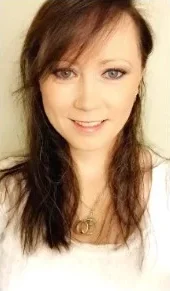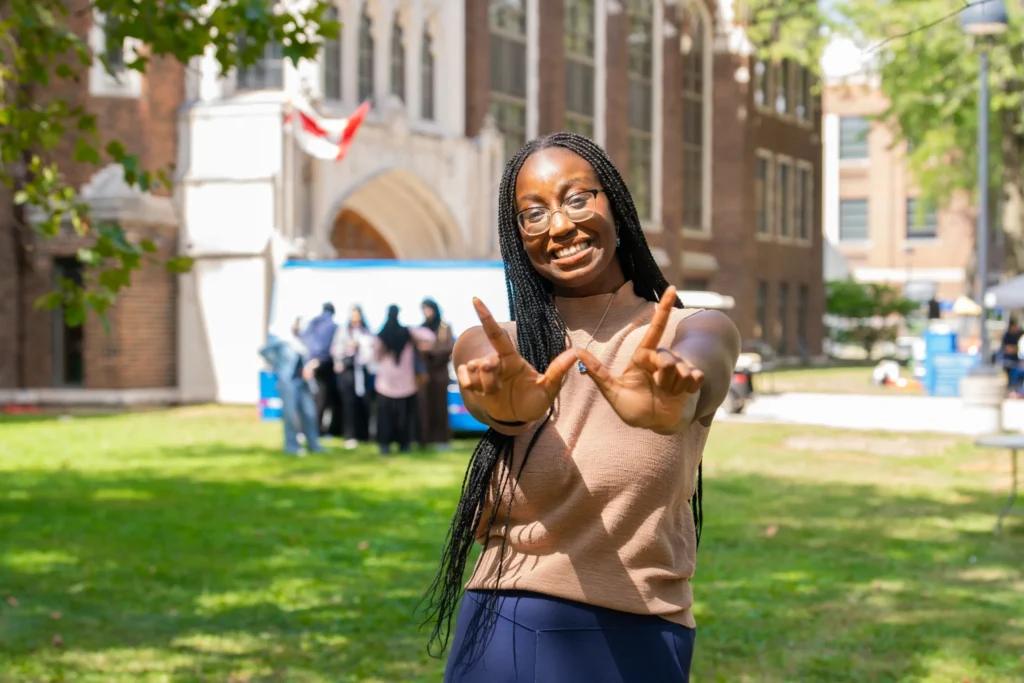Paula van Wyk
Assistant Professor

Meet Paula van Wyk
Aging. We all do it. You are aging as you read this profile. Aging is not a synonym for BEING old, however. It is a process. We all age differently, but we only get to do it once. We do not get a practice run. In Canada, and in many other countries, there is a trend towards there being a greater number of older adults. With this demographic shift there are new opportunities and new challenges to which we will be exposed. Dr. van Wyk’s research interests include person-environment fit required to enable an older adult to remain living at home, cognitive reserve, increasing the quality of life among the increased quantity of life, caregiver burden, education in geriatrics, fall prevention, and rehabilitation interventions.
Older adults are essentially a “special population” or a “vulnerable population.” Dr. van Wyk also has research interests focused on improving the quality of care, quality of life and enabling physical abilities of individuals who may be considered a “special population.” In addition to older adults, this includes individuals with Down Syndrome, Cerebral Palsy, Parkinson’s and an Autism Spectrum Disorder, to name a few.
Dr. van Wyk first became interested in kinesiology, how the body works, and injury prevention when she was younger. Dr. van Wyk was extensively involved in dance and a variety of sports. Thus, she wanted to understand how to fully optimize her abilities and avoid injuries. These interests expanded to how to minimize injuries among healthcare workers (nurses, personal support workers) and the patients for whom they care. Specifically, Dr. van Wyk has a passion for research related to transfers (bed to wheelchair, wheelchair to toilet, in and out of a motorized vehicle).
More recently, Dr. van Wyk has been investigating the role of physical literacy and health literacy plays in the motivation among older adults to remain physically active, and how older adults understand healthcare information related to their various potential interactions with the healthcare system.
